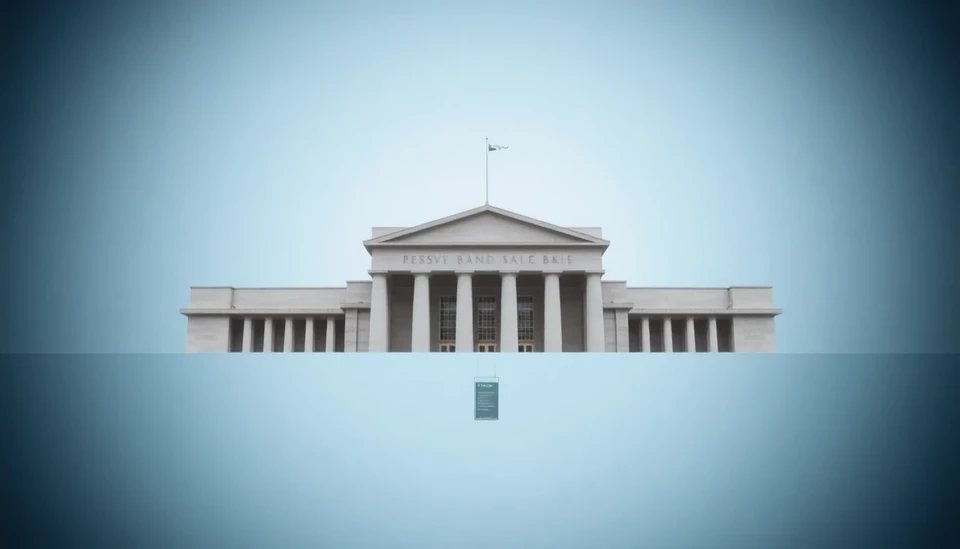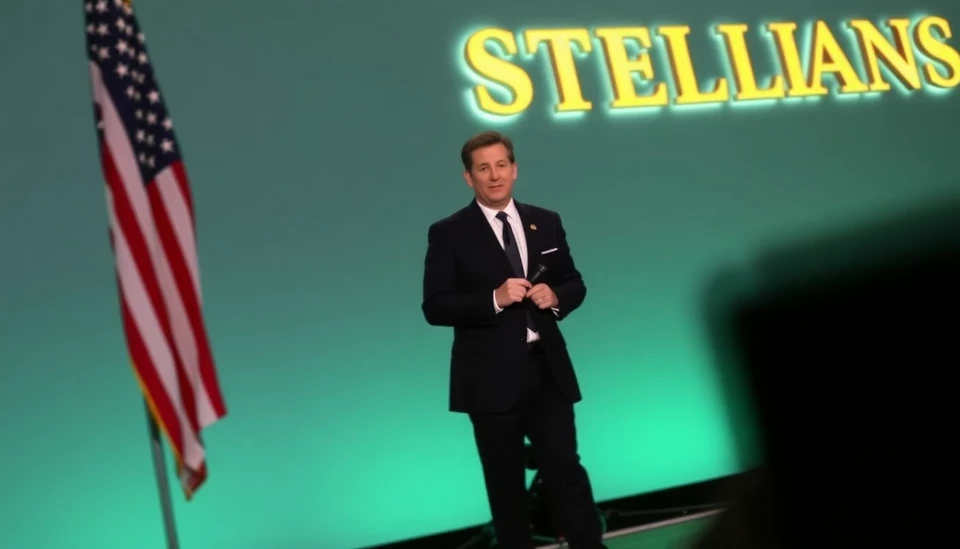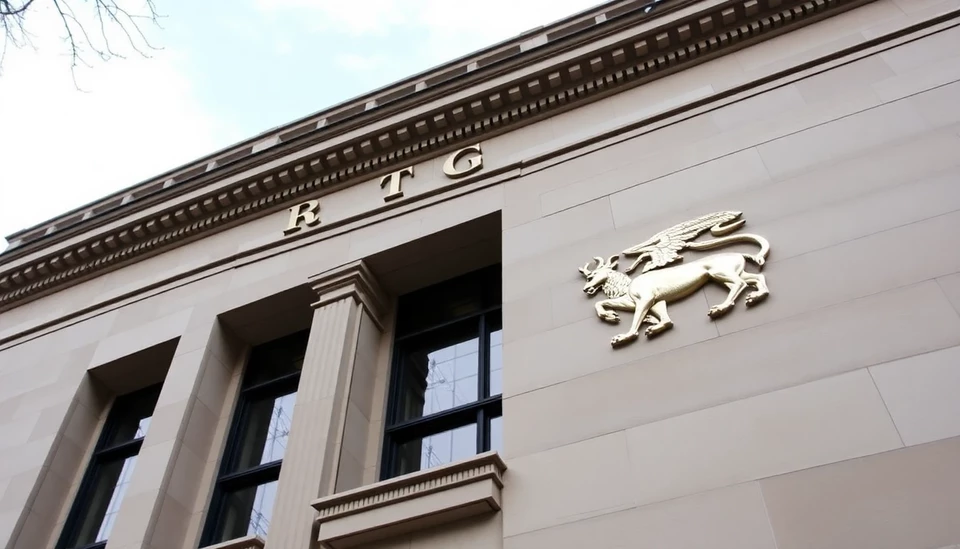
In a significant move that reflects the current economic climate, the Reserve Bank of Australia (RBA) has decided to keep its benchmark interest rate unchanged at 4.10%. This decision marks the peak level of interest rates not seen in over 13 years and comes as the world keenly observes the unfolding events surrounding the upcoming United States election.
The RBA's board convened on Tuesday, weighing the mixed signals from the global economy and determining that stability was preferable at this juncture. Analysts and economists have been closely monitoring inflationary pressures and their impact on consumer spending. Despite indications of moderate inflation rates, the central bank has opted for a cautious approach, believing further rate hikes could dampen the fragile momentum of economic recovery.
In their last minutes of the meeting, RBA officials reiterated their commitment to curbing inflation while promoting productive economic growth. Governor Philip Lowe emphasized the necessity for a balanced approach, especially given the anticipation surrounding the U.S. presidential election, which could have significant repercussions on global economic conditions.
The decision to maintain the rate aligns with the cautious outlook shared by many central banks worldwide as they navigate through uncertainties. While there is a consensus that inflation remains elevated, the RBA's stance suggests a belief that existing measures are beginning to take effect, allowing for a pause in further tightening.
Economic forecasts reveal that domestic pressures, such as rising wages and energy costs, have contributed to the inflation landscape, but there is optimism that these factors may stabilize in the coming months. With the RBA opting to hold rates, market reactions have been mixed, reflecting uncertainty over potential future actions depending on both local and global economic indicators.
The United States election is looming, with outcomes that could shift economic and fiscal policies significantly. Many stakeholders within the RBA and across investment sectors are keenly observing the electoral outcomes and the new administration's stance on trade and global economics, which could influence Australian export demands and subsequently impact local economic health.
As the RBA continues to navigate the complexities of monetary policy in a fluctuating economic environment, market analysts expect that forthcoming data releases will be crucial in guiding future decisions. The bank's next meeting, scheduled for December, will be pivotal in shaping expectations as inflation trends and the post-election scenario unfold.
In conclusion, the RBA's decision to hold the key interest rate steady at a 13-year high reflects a conservative approach aimed at balancing economic growth with inflationary concerns. The forthcoming U.S. election adds an additional layer of uncertainty, and the RBA will continue to assess both domestic and international economic landscapes as they prepare for their next policy review.
#RBA #Interest #Rate #EconomicPolicy #USElection #Inflation
Author: Daniel Foster




